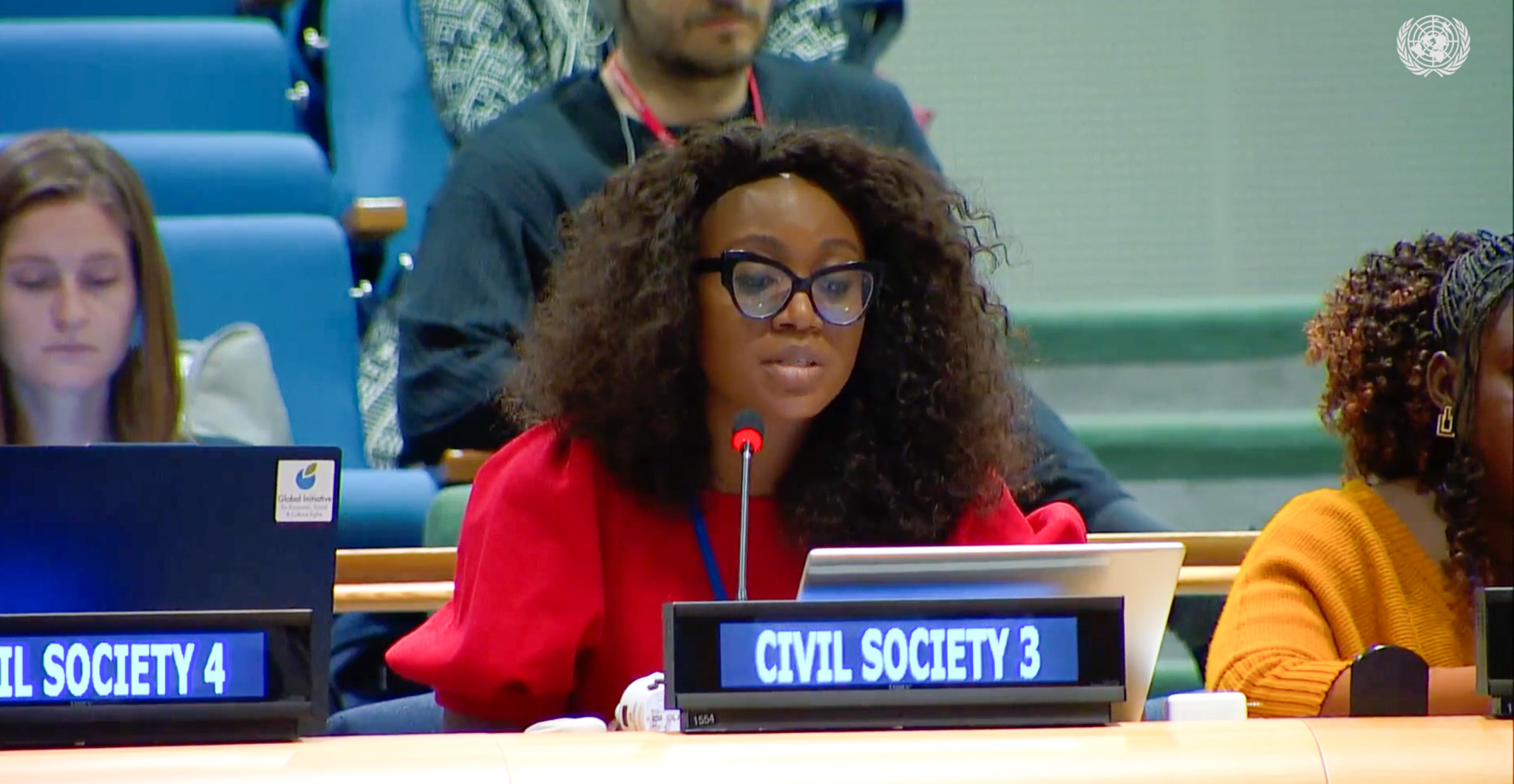Date

The systems meant to support global development and cooperation are showing cracks under the weight of repeated crises. From deepening inequality to ecological collapse, our current global financial architecture is not just struggling—it is failing. And in its failure, it offers us an opening: the opportunity to build something better.
The Financing for Development (FfD) process, and in particular the upcoming FfD4, is not just another multilateral meeting—it is a defining moment that will set the tone for the next several years. It presents a rare chance to transform how we govern our shared global economy and to reimagine multilateralism in a way that is truly inclusive, equitable, and resilient.
At the heart of this lies a financial architecture that has become increasingly dominated by the interests of a few powerful nations and individuals. Decision-making power is concentrated, and developing countries are too often left without a seat at the table. As such this system is widely seen as unfit for purpose.
And yet, in this moment of systemic breakdown, we also find hope. We have an unprecedented opportunity to craft a more just and functional global economic order—one built on democratic governance, shared responsibility, and universal participation. The FfD4 negotiations give us a pathway to begin doing exactly that.
This is why it is deeply concerning that, for example, the section on systemic issues in the current draft outcome document reduces global economic governance to the mandates of the IMF and World Bank. These institutions, while significant, represent only a part of the broader picture—and they have consistently failed to deliver equitable outcomes for developing countries, who remain structurally sidelined within them.
We must be bold in calling for a comprehensive reform of the international financial architecture. This means returning these institutions to their rightful place—under the democratic oversight of the United Nations system, accountable to the General Assembly, and operating in service of the global public good.
FfD4 should clearly affirm the UN’s central role in global economic governance, in full alignment with the principles laid out in the Monterrey Consensus. A fragmented or partial approach will not suffice. What we need is a truly systemic transformation.
And we know why. Across the Global South, rising debt burdens and austerity measures have reversed years of developmental progress. Public services are under strain, and millions are being pushed into poverty. The growing wave of inflation—fueled by supply chain disruptions, energy instability, and conflict—has only made things worse.
At the same time, the climate crisis continues to intensify. Droughts, floods, and other extreme weather events have become more frequent and devastating. These are not distant threats; they are today’s lived realities. And yet, as developing countries bear the brunt of these disasters, many rich countries remain mired in debates over transition timelines.
If multilateralism is to survive, it must evolve. We must build institutions that are transparent, accountable, and representative of all nations. Institutions that do not bend to the will of the powerful but are instead grounded in the principles of fairness and inclusivity. This is not a radical proposition—it is a necessary correction to a system that is no longer delivering for the many.
Take international tax cooperation and digital taxation as an example. The digital economy is transforming the global tax landscape, yet existing frameworks continue to disadvantage developing countries. Many are forced into inequitable agreements that undermine their fiscal sovereignty. The UN Tax Convention is a step in the right direction—but FfD4 must expand this logic, applying it to other critical areas like debt and trade, where the balance of power remains skewed.
Reforms must also be intersectional. Too often, economic policies have perpetuated gender disparities and social exclusion. Women and other marginalised groups are routinely left out of financial decision-making and denied access to economic opportunity. A reformed financial architecture must embed gender equality and human rights into its very design—not as afterthoughts, but as central pillars. This is not only about justice. It is also about unlocking the full potential of our global economy. When systems are inclusive, outcomes improve. When all voices are heard—especially those from historically excluded communities—we develop smarter, more sustainable policies.
And civil society has a critical role to play. We are not just observers. We are the watchdogs, the organisers, the truth-tellers, and the advocates for those whose voices are too often missing from these halls of power. Our task is clear: to ensure that the changes proposed at FfD4 are not superficial tweaks but transformative shifts—rooted in justice, guided by solidarity, and anchored in democratic principles.
FfD4 is our chance to act—to reshape the global financial system so that it works not for the powerful few, but for all of humanity.
For more information on the Preparatory Committee for the Fourth International Conference on Financing for Development (FFD4), please contact Everlyn Muendo at emuendo[@]taxjusticeafrica.net.